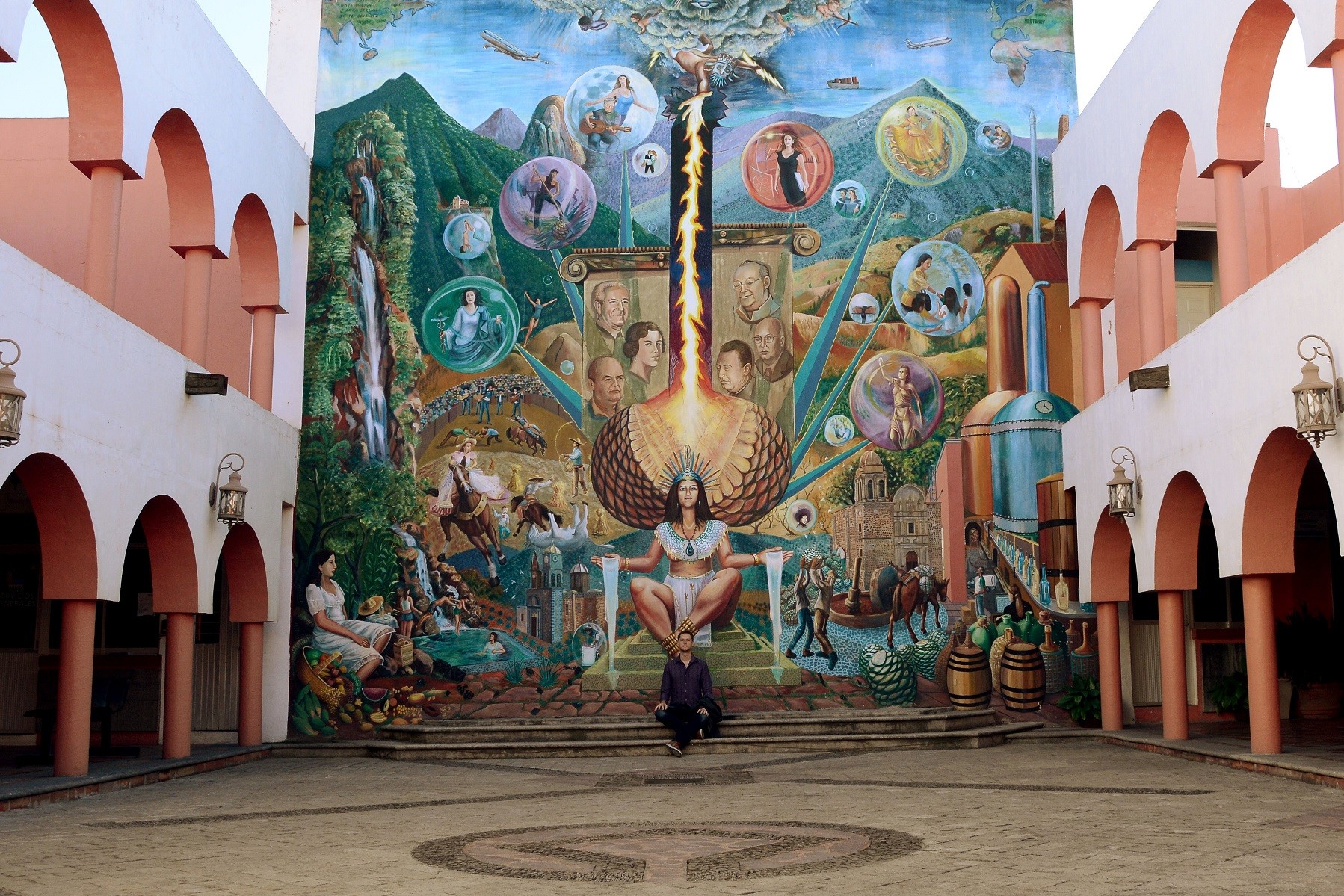The Story: Amanda B. Johnson of Dash Detailed
Amanda B. Johnson is a familiar face to many who are interested in financial technology, and particularly to those interested in cryptocurrency. For months she was the host of The Daily Decrypt, bringing news about new developments in the technology, informing us about the latest altcoins released and the progress of Bitcoin adoption. Eventually she got frustrated when she saw how tedious and stilted the movement was in Bitcoin, and about how awful most of the new coins were. She finished The Daily Decrypt and decided to start Dash Detailed, giving us a weekly report of the progress in Dash – the currency which she figures is the most likely to reach mainstream adoption.
In this episode, Amanda tell us why she’s so excited about Dash, explaining the concept of money as a service, the importance of user experience, how she might market Dash to people who know nothing about cryptocurrency in the future, and why it’s not easy to crack Dash’s privacy features – even when someone controls a masternode. We also talk about the incentives involved in Dash, and how its anonymity features compare to Monero’s.
Join us in the next blockchaining episode of … The Paradise Paradox!
The Eps:
Amanda B. Johnson & Pete Eyre: The Daily Decrypt – Episode 79
The Links:
Will Dash ever get its killer app? Amanda at Anarchapulco 2017
The Cash:
If you enjoy our posts, please have a look at The Paradise Paradox’s page on Steemit where you can join, earn money, and upvote our posts to help support the show! You can also find a lot of additional content which is not posted on this site, with Kurt’s posts on Steemit and Aaron’s posts on Steemit.
We really appreciate all of your contributions! Every cent and satoshi we receive lets us know that we’re doing something worthwhile, that you are entertained by our program, and that you’re starting to question what you know more and more. Please be generous. Donate to The Paradise Paradox. Or buy some stuff on Amazon using this link. Or buy some of our great T-shirts here.
The Episode:
To download the audio, right click and press “save as”.
Remember to subscribe on iTunes or subscribe on Pocket Casts.
If you enjoyed the episode, don’t keep it a secret! Feel free to share it on Twitter, Tumblr, Facebook, Reddit, or your office bathroom wall.

